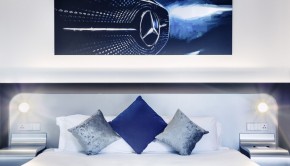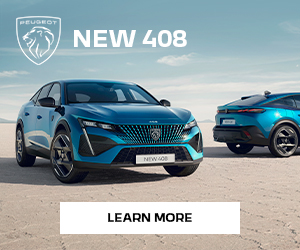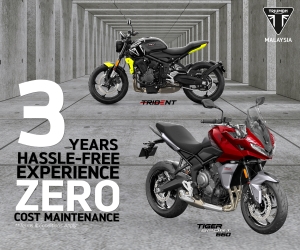Jaguar and Land Rovers (JLR) 24-hour Production In UK
In its Solihull plant, which builds some 150,000 Land Rovers and Range Rovers a year, JLR management have moved to 3-shift, 24-hour production. Its Halewood plant in the northwest of England is also on three shifts to produce the best selling Evoque. At Solihull, home to Land Rover production since 1948, workers stick bar-coded slips onto the Land Rover Discoveries and Range Rover Sports, identifying their shipping destinations as they roll down the line. The list includes countries as far as Australia, the United States, Vietnam and, above all, China. In 2005, China accounted for just 1 percent of JLR’s combined sales. In the quarter that ended in September, it made up 20 percent, making it the biggest export market and nearly overtaking domestic British demand, helped by the sale of some 18,000 Evoques in China this year alone. JLR sold 71,940 vehicles in China last year, an increase of 71 percent on the previous year. It is now building a factory in China, and has spent some 500 million pounds there on marketing, communications and expanding its reach over the last five years. It opened its 101st Chinese dealership last month. UK-based managers say Tata’s hands-off approach gave them the freedom to pursue opportunities in emerging markets such as China, taking risks that might have been harder to take when tightly controlled by Ford.
Before Tata bought it, JLR was part of Ford’s now-defunct Premier Automotive Group, along with Aston Martin and Volvo. Ford dictated much of JLR’s product and marketing strategy from its Detroit base, and required JLR to use many of Ford’s systems, set up for a multi-brand global organization, which did not suit a company of JLR’s size.














